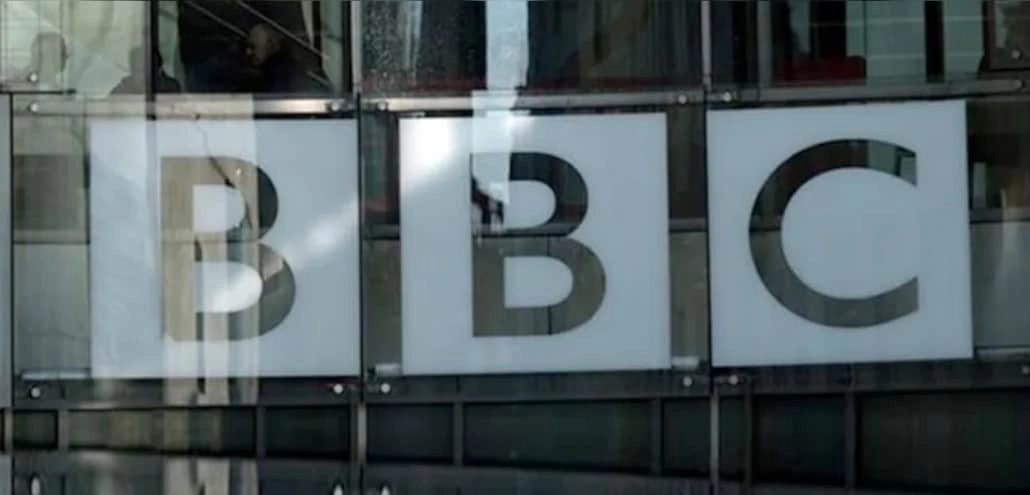The BBC has issued a stark warning regarding the unprecedented challenges it faces due to a significant decline in its income. This decline is primarily attributed to the changing landscape of media consumption, where traditional broadcasting is being overshadowed by digital platforms and streaming services. As audiences increasingly turn to on-demand content, the BBC is grappling with the need to adapt to these shifts while continuing to provide quality programming that meets the expectations of its viewers. The institution has long been a cornerstone of British media, known for its commitment to impartial news and diverse programming. However, the financial pressures it currently faces could jeopardize its ability to maintain this standard.
In light of these challenges, the BBC is exploring various strategies to bolster its revenue streams. This includes a renewed focus on digital content, aiming to attract younger audiences who prefer streaming over traditional television. The organization is also considering partnerships and collaborations with tech companies to leverage new technologies and distribution channels. However, these efforts come with their own set of difficulties, such as navigating the competitive landscape of digital media and ensuring that its content remains distinctive and relevant. The decline in income is not just a financial concern; it raises questions about the future of public broadcasting in the UK and its role in a rapidly evolving media environment.
Moreover, the BBC’s funding model, which has traditionally relied on the license fee paid by viewers, is under scrutiny. As discussions about the future of this model continue, the BBC must balance its need for sustainable funding with public sentiment regarding the value of its services. With an increasing number of viewers questioning the necessity of the license fee in an age of free online content, the BBC faces the daunting task of justifying its existence and relevance in the public sphere. This situation poses a broader challenge for public broadcasters around the world, as they must navigate similar issues related to funding, audience engagement, and technological advancement.
Ultimately, the BBC’s current predicament serves as a microcosm of the challenges facing traditional media institutions in the digital age. As it seeks to innovate and adapt, the BBC must remain steadfast in its commitment to quality journalism and programming while also responding to the diverse needs of its audience. The path forward will require not only creative solutions for revenue generation but also a concerted effort to engage with viewers in meaningful ways. The outcome of these efforts could have far-reaching implications for the future of public broadcasting and the role of the BBC as a trusted source of information and entertainment in an increasingly fragmented media landscape.




